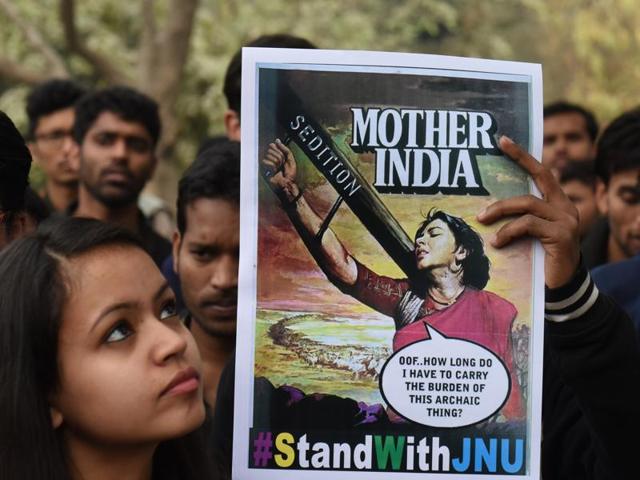Two Years Of PM Modi: Needed, Political Unity

NEW DELHI: "Regardless of our political association, join hands for unity" said Ashish Khetan, AAP politician at the two-day Idea of India Conclave’s concluding session. The session ‘Politics of Solidarity and Resistance’ was at the second and last day of the Idea of India Conclave organized by Centre for Policy Analysis at India International Centre, New Delhi. In the concluding session, there were four panelists Manoj Jha (RJD) , MB Rajesh (CPI-M), Ashish Khetan (AAP) and Prabir Purkayastha, who was chairing the session.
The session started with a recital of a song by a Jamia Millia Islamia University student, Aziz. With the lyrics, "Bhukh lage toh guhaar na karna, Sedition lag jayega" , Aziz tried to depict contemporary scenarios and occurrences of our country.
Later, CPI(M) Lok Sabha MP MB Rajesh shared his views on the transformation and attack on the very idea of a secular democratic India that has become the main aim of the present government. Rajesh said that in the two years of the Modi government , three tendencies have developed i.e. aggressive persuasion of neo-liberal policy, sharpening of communal polarisation in India and growing authorization.
Rajesh mentioned some streams of resistance in his conclusion that were resistance led by the working class and resistance led by intellectuals, artists, writers and students. Fortune is based on the unity of the left, as BJP lost wherever Congress was not the main rivalry, he argued.
Rashtriya Janata Dal leader Manoj Jha presented alternative political ideas of India. Jha said " Brand politics has become very important part of this regime". He focused ways to defeat the present government in the realm of ideas.
Ashish Khetan, a journalist turned politician associated with AAP in his very hopeful speech, focused on the politics of solidarity. Khetan drew attention to issues such as the Malegaon case 2006, where nine Muslims were forcibly put behind bars by ATS Maharashtra on grounds of suspicion solely, even before the case was handed over to CBI. "Investigative agencies have been biased against minorities" he said. Economic policies of both the UPA and NDA seem to be equivalent, he argued. For this he cited lack of unity in the ranks of opposition and deals among political parties occurring on a daily basis. As per his concluding words, non-politicians can bring that resistance at a broader level by being against right wing fundamentalism. The ultimate power of democracy is the democracy of the common man.
"We need to bring various levels of resistance not just resistance of political parties" was the ending note put forth by the chair, Prabir Purkayastha, with which the session came to an end.



